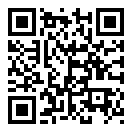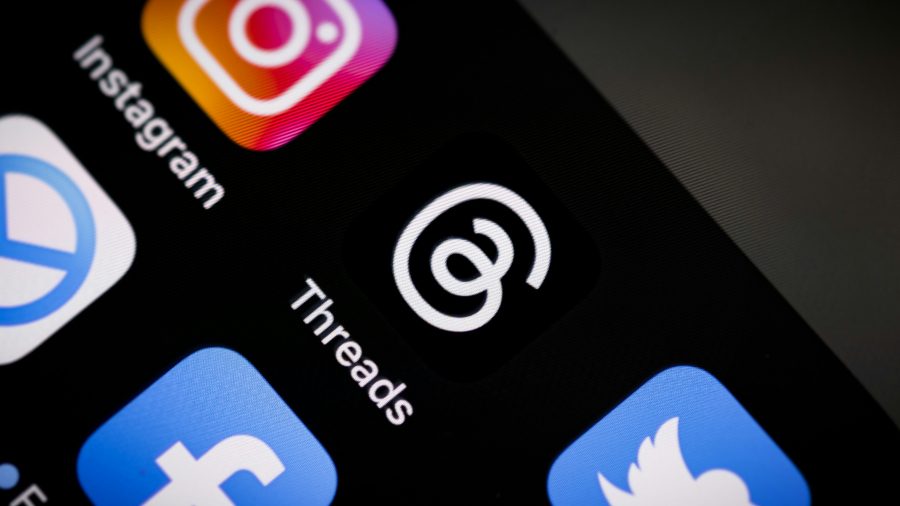Every Thursday evening PT we review Internet of Things developments from the past week. Internet of Things is a term for when everyday objects are connected to the Internet. It’s becoming an increasingly relevant trend for the Web and media, so we want to keep you updated with the latest news. Tune in every Thursday evening for our updates.

This week’s stories include a big IoT investment by chip maker Intel, two French cities building smart cities, RunKeeper’s platform for exercise and health data, and more. Also we continue the countdown to the Internet address apocalypse!
5 More Days Until the Internet Runs Out of IPv4 Addresses
As we noted last week, it’s getting down to the wire for IPv4 Internet addresses. It’s now down to 5 days, according to the Twitter account @ipv4countdown (data sourced from Hurricane Electric). This time next week, it’ll be Armageddon! Well… not really, the Internet will continue to run and most of us won’t notice any difference. For the technically inclined though, the age of IPv6 will have officially arrived.

The adoption of IPv6 is a key technology in the Internet of Things, because every object connected to the Internet requires at least one IP address. There will be huge demand for Internet addresses and IPv6 is more than capable of handling that.
Intel invests $25 Million in Internet of Things Research
Intel announced this week that it will invest NT$750 million (US$25.8 million) in joint research with Taiwan’s top-ranked university, National Taiwan University. The research project, named Intel-NTU Connected Context Computing Center, will focus on Internet of Things. Specifically it will look at smart sensing, “green sensing” and context analysis.
Vida Ilderem Burger, vice president and director of Intel’s integrated platforms research, said that
it’s Intel’s first such center and will probably eventually expand to China. This is significant, because as we noted last week China is well ahead of the U.S. on IoT implementation.
The Quantified Self: RunKeeper Emphasizes IoT Platform
Fitness-tracker RunKeeperannounced this week that its iPhone app will remain free, after formally being a paid app. Instead of making money from its apps directly, RunKeeper is going to focus on building a platform for exercise and health data. Other companies have already built RunKeeper integration into sensors, ranging from heart rate monitors to sleep monitors and bathroom scales. RunKeeper says it will launch a public API (Application Programming Interface) this year.

Running coaches are already selling training programs on the RunKeeper site and power-users can pay for the RunKeeper Elite level of service. For more explanation and context, read Marshall Kirkpatrick’s analysis of RunKeeper.
French Intelligent Cities
Bruce Sterling, who runs the excellent Spime Watch on his Wired blog, pointed us to a report on “smart city” development in France. The telecoms company France Telecom Orange has been running two smart city pilot projects at Cagne-sur-mer, a city with 40,000 residents located near Nice, and in the Grenoble city center. Reports Louise Joselyn from new Electronics:
“At Cagne, the pilot project has involved the deployment of sensors to monitor, measure and even control certain aspects of the city environment, including water metering in public buildings, street lighting control and the environment.
[…]So far, the Cagne project has worked well, handling 100 or so sensors. The challenge is to support multiservices simultaneously and to scale to tens of thousands of sensors.”
QR Codes Track Ancient Artifacts
As we reported earlier this week, the Center for the Studies of Archaeological and Prehistoric Heritage (CEPAP) at the Autonomous University of Barcelona is now using QR codes to ID and track ancient artifacts. The CEPAP team has been testing this process for two years, affixing QR tags on everything from sword blades to bone remains. CEPAP has managed to reduce artifact coding errors to 1% with this process.

Sao Paulo Cancer Hospital Uses RFID to Respond to Heart Attacks
A report in the RFID Journal this week explained how a Brazilian hospital is making use of RFID in medical emergencies. The system “not only alerts responders in the event of a cardiac arrest, but also tracks response times, thereby providing the clinic with information that it can utilize to improve its response processes.”
The RFID implementation has been a success so far and the hospital is planning to extend it to “tracking and managing clinical assets, as well as for environmental monitoring of temperature and humidity in patient care areas, and in hospital refrigerators and freezers used to store tissue samples and medications.”
That’s a summary of some Internet of Things highlights from the past week. Feel free to share in the comments other interesting Internet of Things developments that you spotted this week.





















